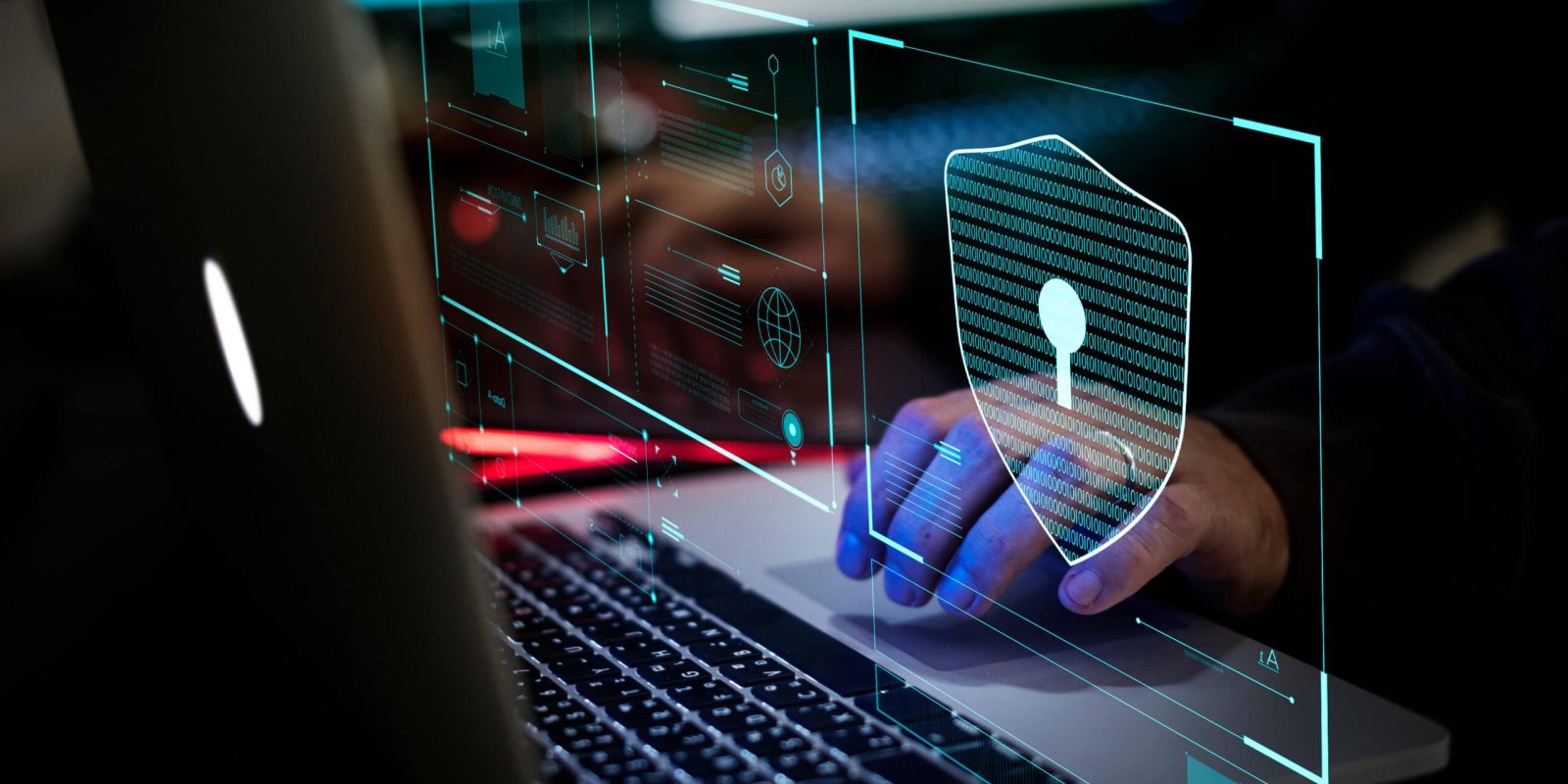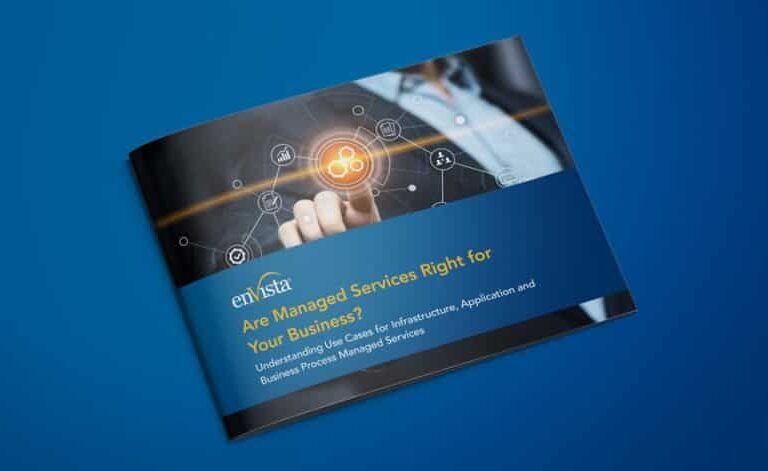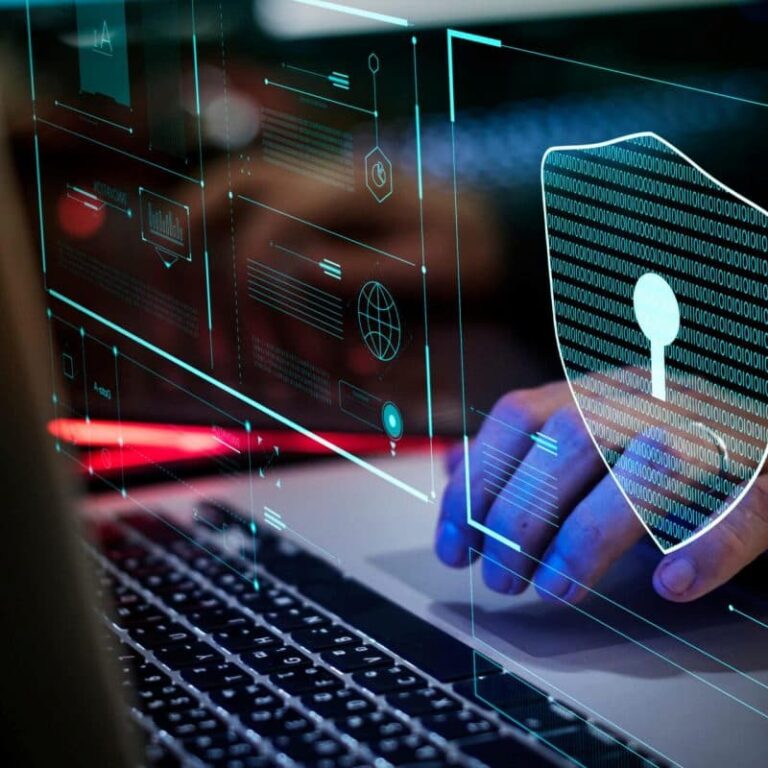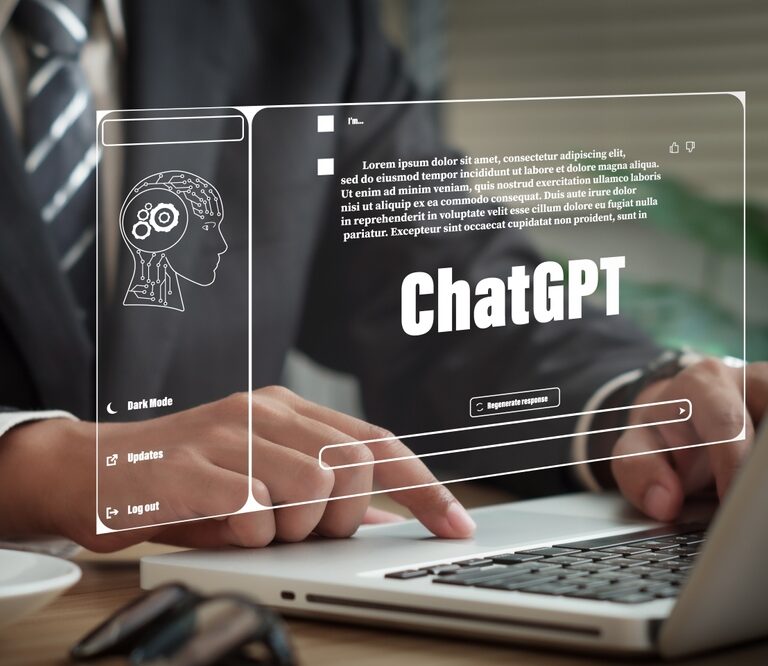In today’s rapidly advancing technology environment, new threats emerge every day which can prove problematic to your business. If you don’t consider yourself “tech savvy” it can be tempting to throw your hands in the air because you can’t keep up with all the latest threats and how to combat them. The reality is that there are a multitude of easy ways you can make a difference for your personal and organizational security. From time to time, the enVista blog will give you a few easy-to-implement changes that can go a long way in keeping you safe.
You might think that data breaches are only a concern over poorly secured networks, but it is equally plausible that something can occur within the walls of your office as well. Security doesn’t just have to do with the nebulous idea of “technology.” Your own behaviors can promote a secure environment.
Tailgating
A tailgating attack is the act of following an individual into a secured area in order to gain access to protected areas. While most people want to be courteous by holding doors for others, doing so may give an individual the opportunity to steal computer equipment, or deploy malicious software on a computer network. Even though this may lead to the occasional awkward interaction, this should be avoided unless you know the person in question.
Shoulder Surfing
A shoulder surfing attack is the act of an individual watching over a user’s shoulder to gain access to sensitive information they would not normally have access to. Malicious users can utilize shoulder surfing to gather sensitive information such as user names or passwords. Be aware of your surroundings when accessing sensitive information on your computer to prevent users from gaining access to sensitive data they should not have.
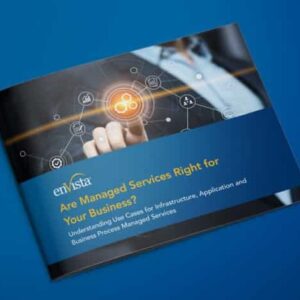
Are Managed Services Right for Your Business?
Gain insight into benefits and various use cases for infrastructure, application and business process managed services.
Exposed Sensitive Information
In the office you should retrieve print jobs immediately when printing documents that contain sensitive information to a shared or public printer. Other users may grab these materials from the printer if they are left unattended and this can result in an accidental breach of confidential information. Even in instances where it would be “no big deal,” this is important to practice so that it becomes a habit.
Materials containing sensitive information should always be disposed of in secure shred bins. This includes printed documents, CDs, and Mobile Flash drives. When disposing, recycling, or donating personal devices (laptops, desktop computers) that may have contained sensitive information about yourself (tax documents, medical records, banking information, etc.), remove and destroy the hard drives from these machines. This will prevent others from accessing materials that were stored on the device. Mobile devices should be reset to factory default settings before you dispose of them.
Another tip that might seem to defy common courtesy is do not plug in USB drives that you find on the ground or in stored areas. This is often our first instinct to see if we can identify the owner of the device and return it to them, but attackers will drop devices that will install malware on your device.
Unlocked Computers
Finally, when traveling, keep your laptop locked and in the trunk of your vehicle. Every year the largest cause of reported data breaches is lost or stolen laptops. Criminals may break windows to steal a laptop if they can see it inside of your vehicle. It is also important to keep track of your laptop when at airports or while taking Uber, Lyft, or taxi rides.
It is important to remember that you play as large a role in keeping your company secured as the IT department, even if it isn’t something you think about at first blush.

